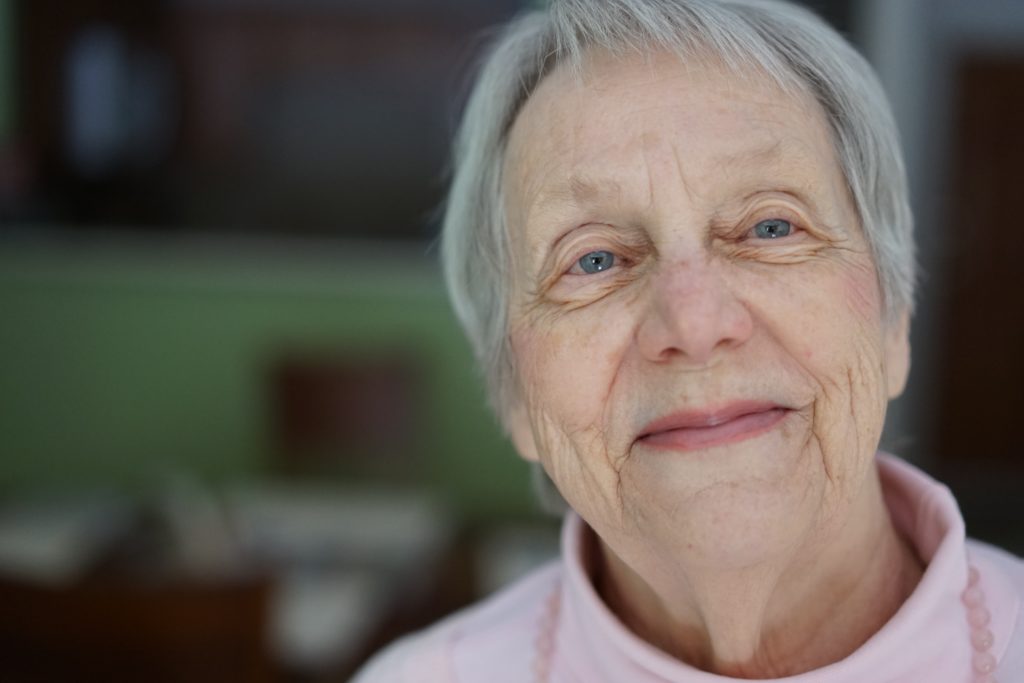March 19, 2020
Keeping Our Community Safe through Social Distancing
 Amid the current outbreak of COVID-19, all levels of government and health organizations are urging communities to practice social distancing. Social distancing is a way to keep people from interacting closely or frequently enough to spread an infectious disease, such as COVID-19. Schools and other gathering places such as restaurants, bars, and theaters will close, and sports events and religious services may be cancelled.
Amid the current outbreak of COVID-19, all levels of government and health organizations are urging communities to practice social distancing. Social distancing is a way to keep people from interacting closely or frequently enough to spread an infectious disease, such as COVID-19. Schools and other gathering places such as restaurants, bars, and theaters will close, and sports events and religious services may be cancelled.
During a period of social distancing, everyone is encouraged to stay home and avoid contact with others as much as possible. However, there are many factors that will make social distancing challenging for certain populations, including profession, health status, age, and access to shelter, transportation and technology. It’s crucial that those who are able practice social distancing do so, in order to protect our community’s most vulnerable.
Here are a few ways we can help others through this challenging period of social distancing:
- Offer support. It’s normal and understandable to be experiencing heightened stress during a public health crisis. Connecting with others is one of the best ways to reduce anxiety and depression during social distancing, so make sure to be checking in with your loved ones via phone, email, video chat or other virtual means.
- Help your at-risk neighbors and community members. Those over the age of 60 and those with compromised immune systems are considered at higher risk of serious illness from contracting COVID-19, according to the CDC. If one of your neighbors falls into either (or both) of those categories, offer to run errands for them, such as grocery shopping or picking up prescriptions, so that they can limit their exposure to others who may be carrying the virus.
- Don’t hoard or stockpile essentials. With images of empty store shelves circulating on the news and social media, it can be tempting to stock up on essentials like toilet paper and hand sanitizer. But hoarding these items just means that you’re leaving fellow community members to go without, so make sure you’re shopping responsibly.
- Give when you can. If you have money, resources or time you can spare, consider donating to a charity that will help those affected by the novel coronavirus, like a local food or blood bank.
To those who can and are socially distancing themselves in the wake of coronavirus/COVID-19, thank you. Thank you for doing your part to help flatten the curve. Thank you for abruptly upending your daily routines, rituals, and habits out of respect for those who can’t. For those who do not have access to phones and computers to talk with their doctors. For those who do not have a house to seek shelter in. For those with compromised immune systems. For those who may experience much worse symptoms than you. And, for those who must go to work to take care of those who need help.
Let’s continue to create a whole community by helping others, reaching out in the safest ways possible, and supporting our community’s healthcare workers.
